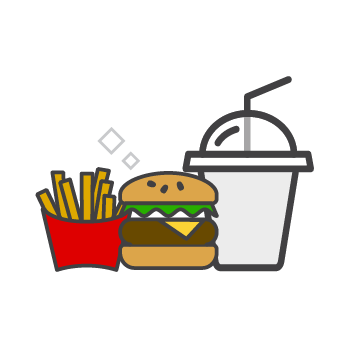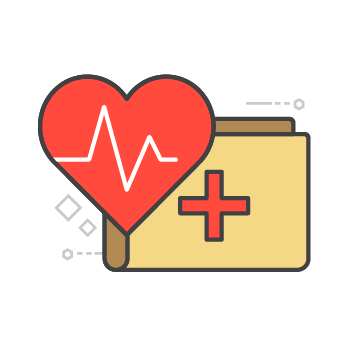Sun, Sea and STDs: You Need To Protect Yourself Over The Carnival
by Lou-Ann Jordan Aug 9, 2019

This Spicemas we want to caution you to maintain your usual safe-sex practices.
Grenada is often characterized by the popular slogan “Sun, Sea and Sand” because of its idyllic landscapes, warm temperatures and opportunities for relaxation.
However, like other countries, we have our social concerns too. The occurrence of sexually transmitted diseases is of notable concern to all. Moreover, there are occasions when this issue is amplified because usual cautious practices are thrown to the wind. Historically, carnival is one such occasion.
Don’t let the festivities cloud your judgment.
Education is crucial in this fight against STDs. As such, Yello is here to present you with the basics.
What are STDs/STIs?
The terms, sexually transmitted diseases (STD) and sexually transmitted infections (STI) are used interchangeably. STDs or STIs are caused by bacteria, viruses and tiny insects (parasites).
These infections are contagious and are passed between people during vaginal, anal or oral sex. Most STDs are quite common and carry no signs or symptoms. Many result in long term health problems, making them extremely dangerous.
While both genders are affected, women suffer more severely as an infection left untreated can result in pelvic inflammatory disease, leading to infertility. In the case of pregnant women, stillbirths or neonatal deaths occur. Notably, STDs are most prevalent in those between the ages of 15-24.
Here are four common sexually transmitted diseases:
Gonorrhoea or the Clap is one of the most common STDs.
- Spreads easily and if untreated can lead to infertility in both men and women.
- Symptoms include burning during urination and genital discharge.
- Progression of the disease results in skin rashes and, infects the mouth, throat, eyes and rectum. It can also spread to the joints and blood.
- Most women experience mild symptoms. It can be mistaken for a urinary tract or vaginal infection.
- It can become life-threatening.

Chlamydia infection is often gone unnoticed because symptoms are vague or absent.
- Chlamydia infects the rectum and throat.
- Both genders experience painful urination and bladder infection.
- For men, burning, itching and a discharge can occur.
- Women may experience vaginal itching and discharge with an odour. Also, intercourse may be painful.
Genital Herpes is caused by the Herpes Simplex Virus (HSV) and one of two strains (HSV-1 and HSV-2).
- Most cases occur as a result of type 2 (HSV-2).
- There is no cure. However, medication can control the disease.
- HSV-1 may cause fever blisters and cold sores on the lips.
- Genitals become infected through contact.
- HSV-2 may cause painful, watery blisters on and around the genitals and anus.
- A considerable number of people with this virus have minimal signs or symptoms.
HIV. The Human Immunodeficiency Virus (HIV) causes AIDS. Its threat is felt significantly in the Caribbean and Latin America. According to the Pan American Health Organization (PAHO), the Caribbean is second only to sub-Saharan Africa in the prevalence of HIV.
- Higher risk of contracting HIV is linked to engaging in sexual activity at a young age.
- UNAIDS reports show between 5-16% of young women become sexually active before age 15.
- Infection occurs through unprotected sexual activity and sharing needles.
- The virus can spread during pregnancy and from mother to infant by breastfeeding.
- Many people with HIV do not show signs initially.
- Flu-like symptoms, fever, headaches, fatigue, canker sores and swollen glands can develop later.
What about prevention and treatment?
STDs can be avoided. Abstinence is the greatest method of protection against infection. However, the use of condoms during sexual activity is also effective.
STDs can be treated. They cannot all be cured. There are different ways of treating STDs. Infections caused bacteria, yeast or parasites are treated with antibiotics. Those caused by viruses cannot be cured, but some medicines help with the symptoms and manage the disease.
We have provided you with general information on STDs.
To be better informed read up further on how you can protect yourself against these and other types of STDs.
And, remember to ere on the side of caution for Spicemas 2019.
Sources: PanAmerican Health Organization, UNAIDS and WebMD








